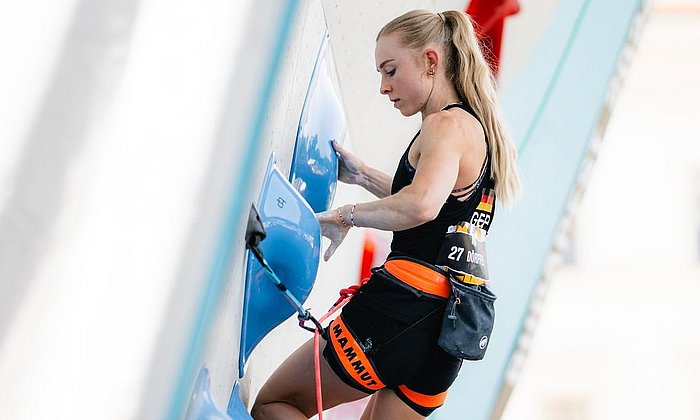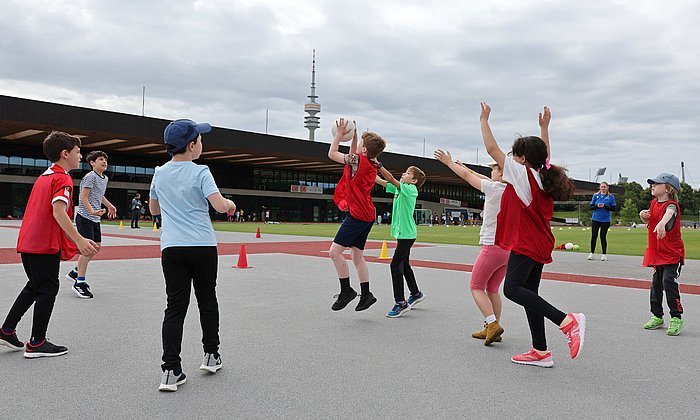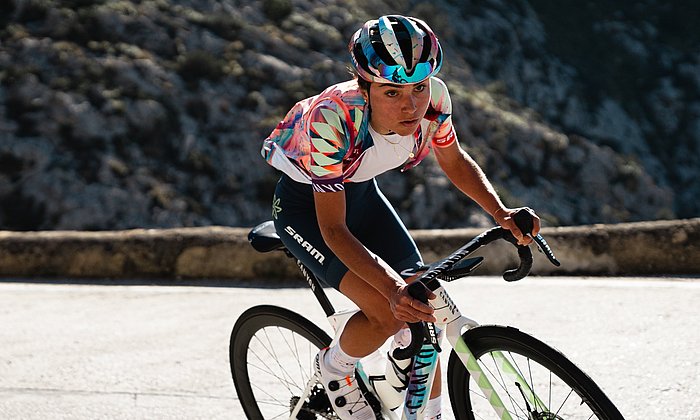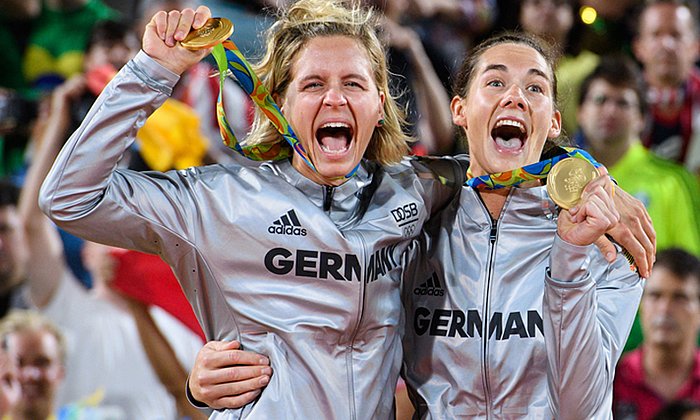Beach volleyball training with analytics tools
Olympic medal with TUM software

The opponent analysis software can use a variety of data to find peculiarities in player behavior, for example, if an athlete tends to behave in a certain way after making mistakes. "We can also analyze whether a certain starting position of the opponent's defense influences the direction of the block," explains Prof. Daniel Link. With this help, Julius Brink and Jonas Reckermann won the 2012 Olympic Games in London and Laura Ludwig and Kira Walkenhorst got the gold medal of the 2016 Olympic Games in Rio de Janeiro.
The researchers developed additional software for training for the Paris Olympics. Using 3D glasses and eye tracking, they studied the quality of the defenders' observation and decision-making. This enabled them to train to anticipate many game situations even better. "In beach volleyball, it is crucial for defensive players to recognize the direction of an attacking shot as early as possible and to react accordingly," explains Fabian Tobias, who works as a national scientific coach for the German Volleyball Association (DVV) and is doing his doctorate on this topic at the Chair of Performance Analysis and Sports Informatics.
Scientific cooperation between the chair and Germany's top sports associations is not limited to volleyball, but also includes the German Badminton Association (DBV), the German Athletics Association (DLV) and numerous other sports, often funded by the German Federal Institute for Sports Science (BISp) as part of the Scientific Network for Competitive Sports (WVL). "We are constantly looking for innovations that can help improve sport," says Daniel Link. "In addition to gaining scientific knowledge, we also want to make a contribution to maintaining Germany's competitiveness as a top sports location – as was now the case in Paris."
Link, D., & Raab, M. (2022). Experts use base rates in real-world sequential decisions. Psychonomic bulletin & review, 29 (2), 660–667. doi: 10.3758/s13423-021-02024-6
Wenninger, S., Link, D., & Lames, M. (2020). Performance of machine learning models in application to beach volleyball data. International journal of computer science in sport, 19(1), 24-36. doi: 10.2478/ijcss-2020-0002
Link, D. (2014). A toolset for beach volleyball game analysis based on object tracking. International journal of computer science in sport, 13(1), 24-35.
Contacts to this article:
Prof. Dr. Daniel Link
Technical University of Munich
Chair of Performance Analysis and Sports Informatics
+49 89 289 24500
daniel.link@tum.de




